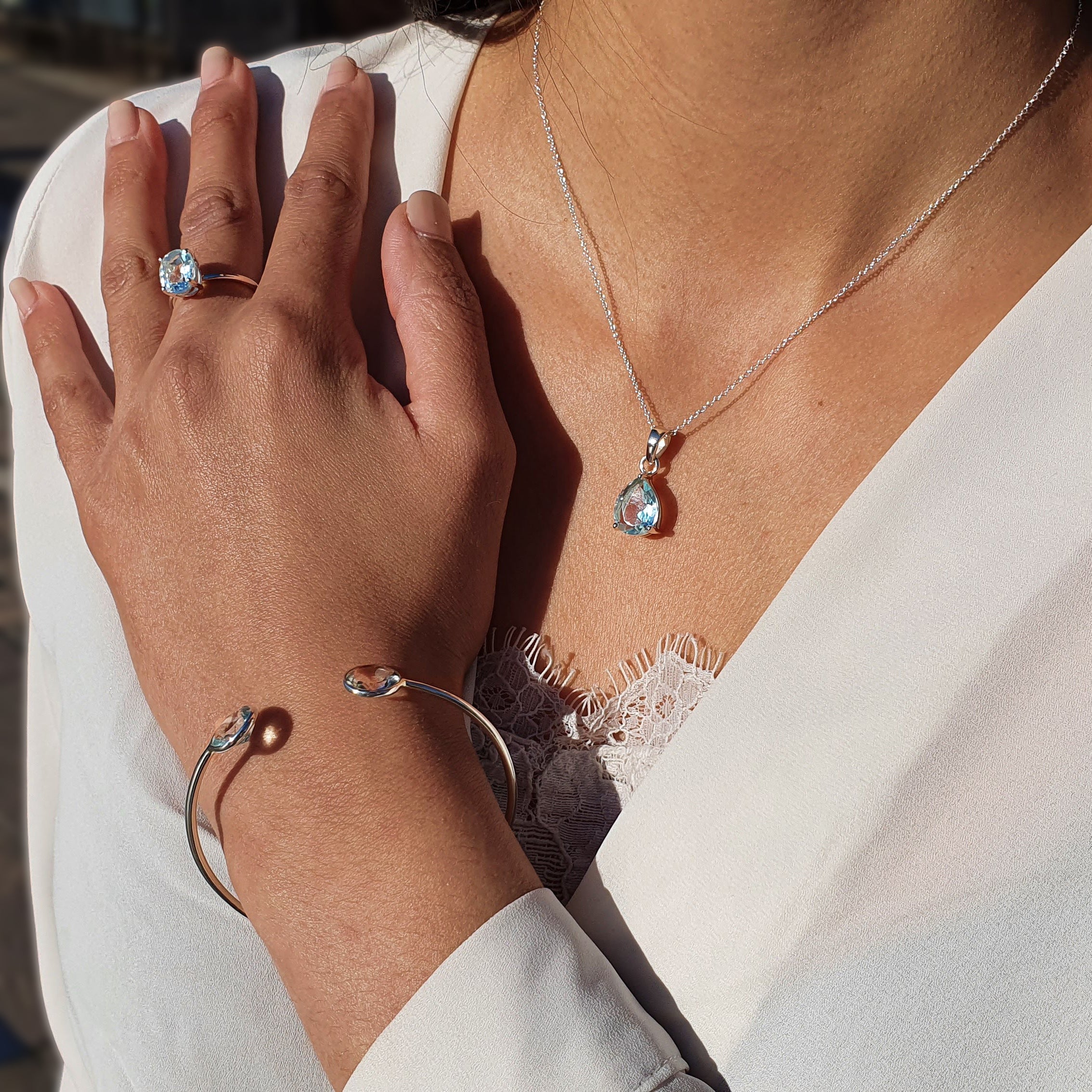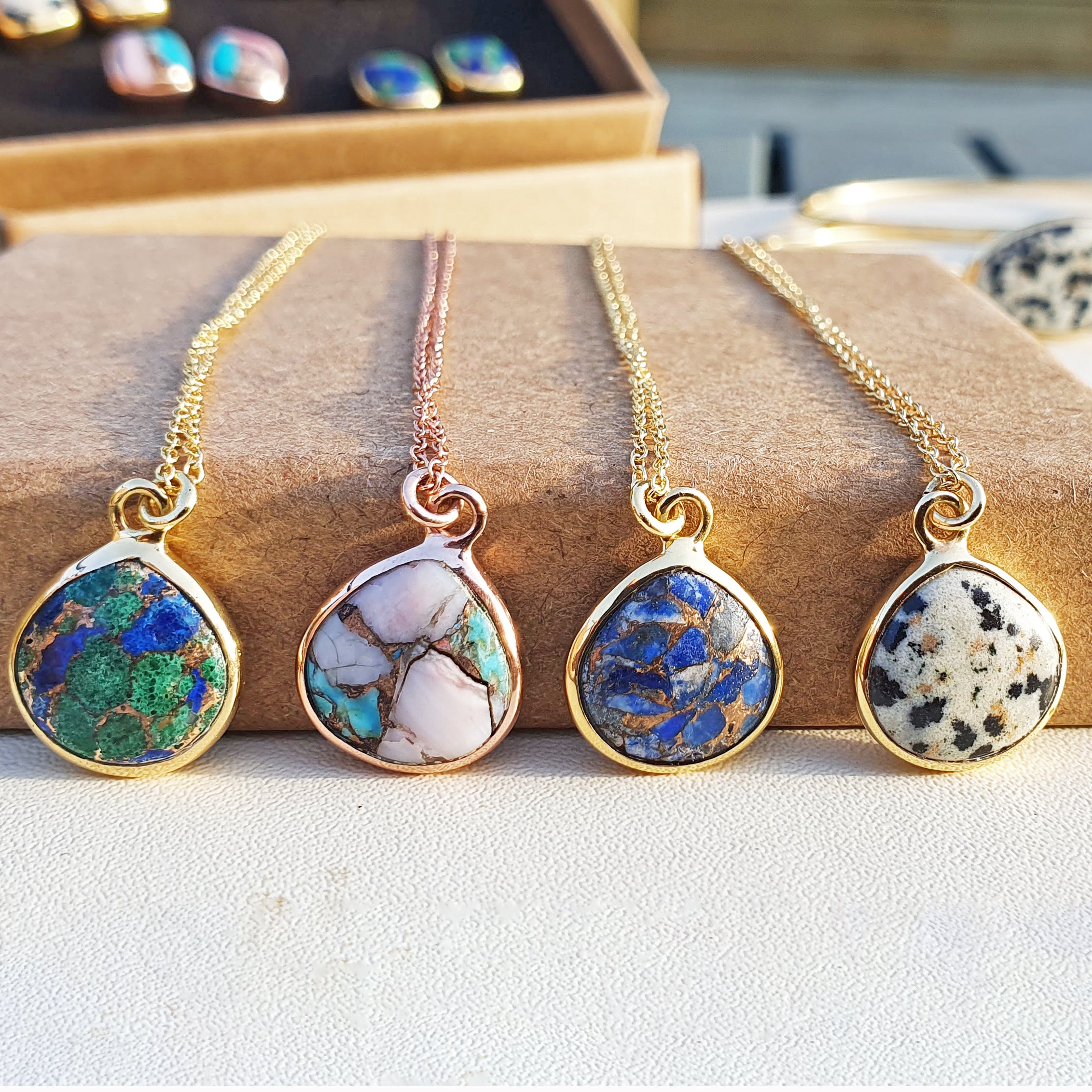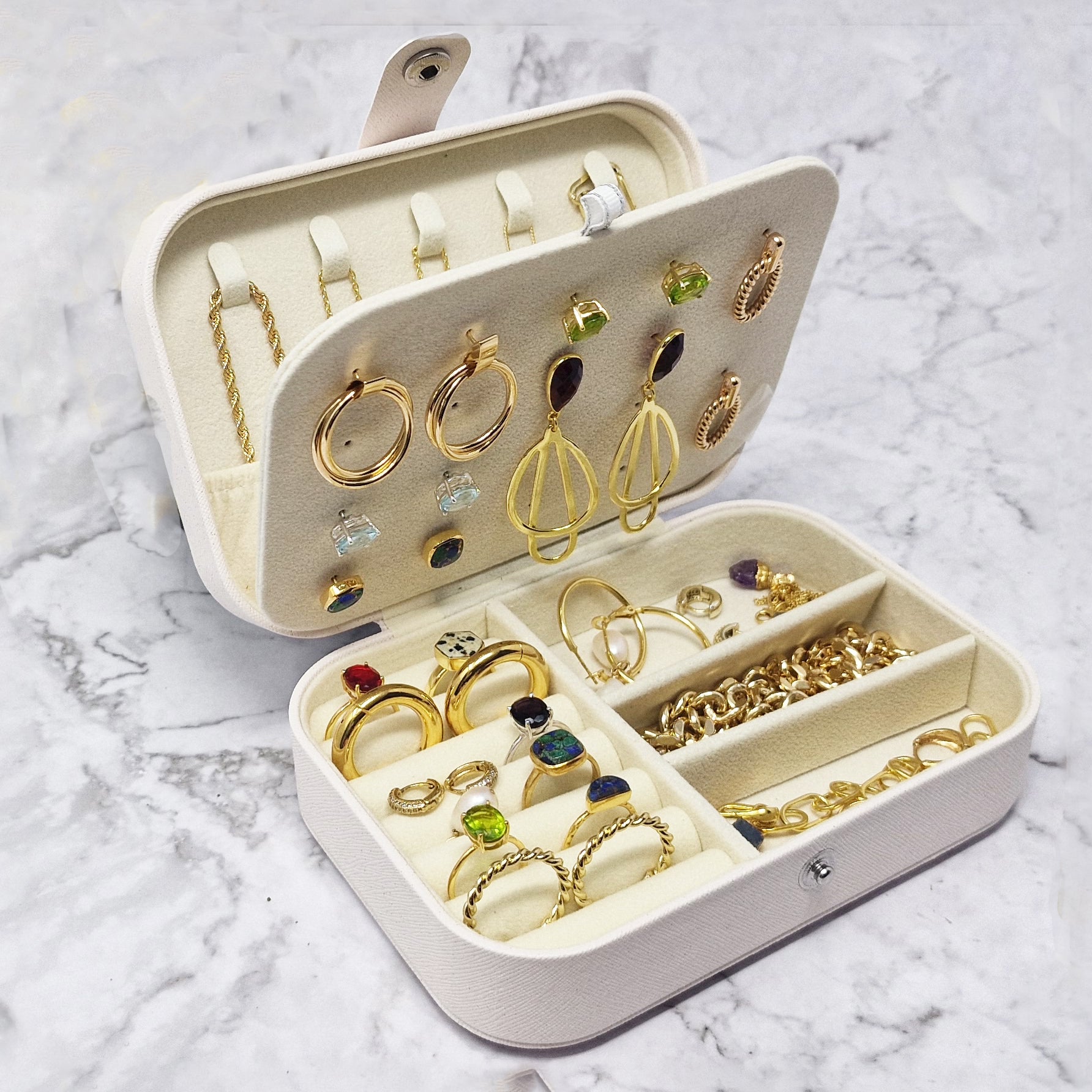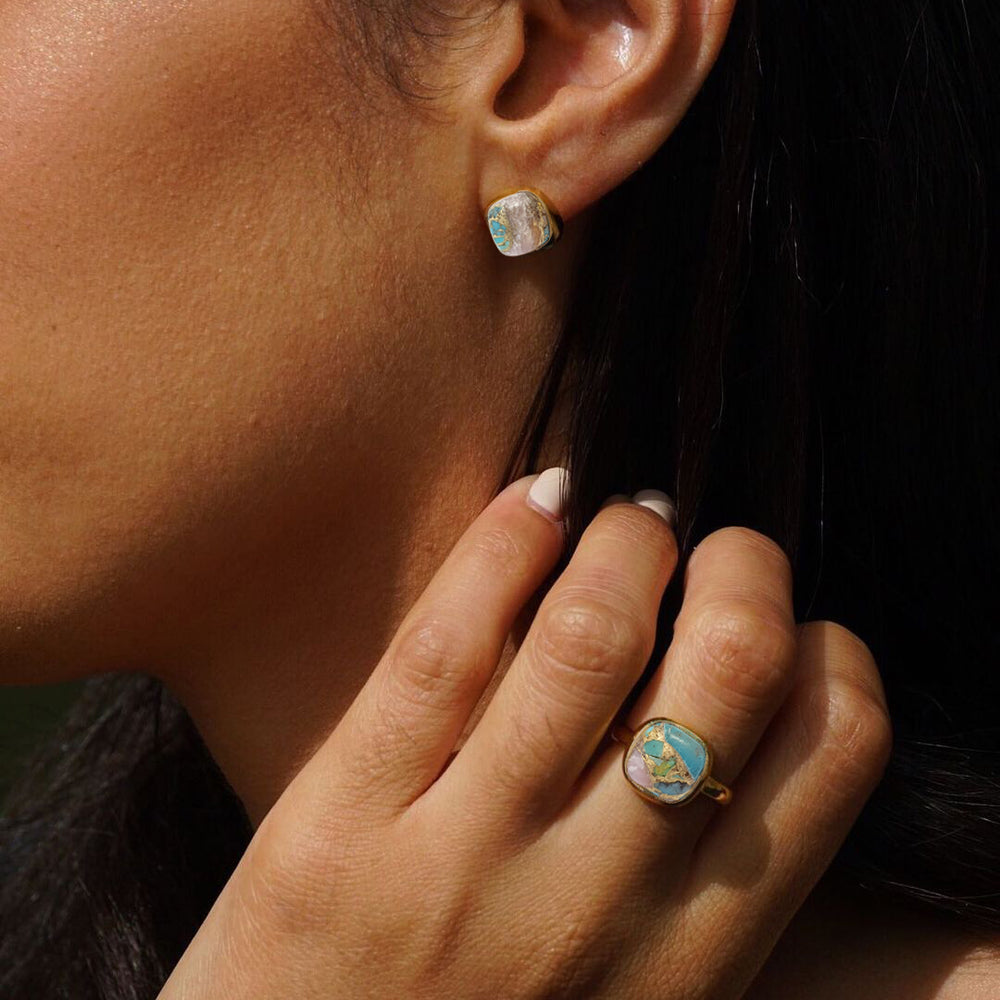The Ethical And Environmental Costs Of Fast Fashion
Awareness of the ethical and environmental impacts of ‘fast fashion’ is growing, with the fashion industry under increasing scrutiny. At Harfi, we talk a lot about how we can combat fast fashion, but what exactly is the problem?
What is fast fashion?
Fast fashion is the model by which the majority of high-street fashion retailers operate; the continuous release of new styles to meet consumer demand. The speed at which these garments are released is an attempt to get new styles on the market as fast as possible. Retailers mass-produce garments to keep manufacturing costs low, encouraging increased purchases through a low price point. This becomes a vicious cycle; low cost inevitably translates to poor quality. Turnover is high as fashion is seen as cheap and disposable. In fact, it is estimated that more than half of fast fashion produced is disposed of in under a year.*

It’s estimated that the average garment is worn only ten times before disposal.**
Why is this a problem?
Fast fashion comes with a myriad of issues, primarily associated with its environmental and ethical impacts. To keep manufacturing costs low, the majority of production labour is outsourced to the global South where labour and environmental impact laws are often looser. This is hugely problematic considering the environmental degradation of manufacturing areas, such as runoff chemicals contaminating rivers and soil, despite consumption being highest in countries like the UK and the US. The amount of fast fashion that ends up in landfill also poses a huge problem to sustainability as clothes are seen as disposable. This ensures demand continues which has a devastating impact on our environment; the World Bank estimates that the fashion industry is responsible for 10% of annual global carbon emissions.*** Without a drastic and imminent cultural shift demanding a move away from mass consumerism and mass-production, the fast fashion industry will continue to have catastrophic environmental impacts.
The ethical implications of fast fashion are also immense. Looser labour restrictions in the global South are often exploited by international fashion companies. Global fashion retailers are continuously finding themselves in the spotlight as the atrocious working conditions of factories within the supply chain are revealed. This is directly linked to the pressure for unrealistically quick turnarounds and low overheads that define the fast fashion industry. The cheap prices of fast fashion directly correlate to the low wages paid to the garment workers. Without a sustainable and reliable alternative income, many of these workers are trapped in often dangerous working environments. Fast fashion may not cost much, but it certainly comes at a price.

The fashion industry is responsible for around 10% of global greenhouse gas emissions.
What are we doing at Harfi?
At Harfi, we are working hard to combat fast fashion through our environmental and ethical policies. Not only are all our gemstones ethically sourced, but our eco-friendly jewellery also avoids soil contamination in the mining and manufacturing processes. We pride ourselves on our sustainable production methods, prioritising the use of natural materials. Furthermore, the quality of our items, such as those made with durable gold vermeil, will ensure they last a long time. Not only this, but we also ensure our packaging is environmentally friendly, using minimal material and recycled packaging wherever possible. Our handmade earrings arrive in a jewellery box that is FSC®-certified. The glue, paper and cardboard used are all 100% eco-friendly.
Equally as important to our relationship with the environment is our relationship with our artisans. Through working directly with small-scale artisan co-operatives to make Harfi’s ethical jewellery, we cut out the middleman in production. This ensures our production lines are transparent and that any profit is directly received by the makers themselves. We provide a sustainable income for the artisans that allows them to share and preserve for posterity the traditional skills used to craft their pieces. We embrace and celebrate these traditional skills that have been passed down for generations, giving each one of our products a unique identity.

At Harfi, we source our handmade products directly from skilled artisans who use traditional skills to create beautiful and unique items.
Harfi’s affordable, handmade products bring character and individuality to your wardrobe, a far cry from the high street! We are so excited to share the relationship we have with our artisans and with the environment with you, and work together towards a world without the problems of the fast fashion industry.
Read more about the artisans who create our pieces here.
*Ellen MacArthur Foundation, 'A New Textiles Economy: Redesigning Fashion’s Future' (2017).
**Global Fashion Agenda and Boston Consulting Group, Pulse of the Fashion Industry (2018), p. 59.
*** The World Bank, 'How Much Do Our Wardrobes Cost to the Environment?' (2019).





Leave a comment